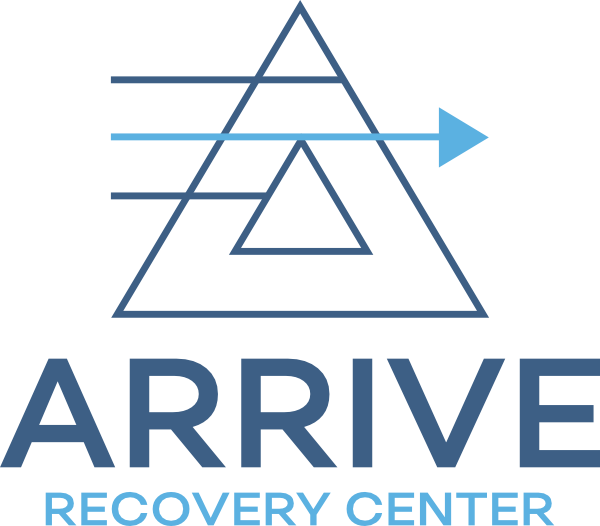9 Tips for Choosing a Thousand Oaks IOP Program
Did you know that 75% of people who struggle with addiction recover? When you’re in the midst of your drug or alcohol problem, recovery can seem like a far-off dream. Treatment programs can help.
Are you in need of intensive outpatient treatment in Thousand Oaks?
Finding the right drug and alcohol treatment center in Thousand Oaks isn’t going to be easy, but it is going to be worth it. We’re here to help you.
Read on for our top 9 tips for finding the right Thousand Oaks IOP for you.
1. Assess Your Unique Needs
Determine your specific treatment needs and goals. There’s no such thing as a one-size-fits-all treatment program, and this is something we’ll be returning to time and time again throughout this article. You’re an individual and your treatment needs are unique.
Consider factors such as the type of addiction or mental health issue you are dealing with, any co-occurring disorders, and the level of support you think may be necessary.
You also need to consider how much time you have available to allocate to your recovery. Recovering from a mental health crisis or drug or alcohol addiction takes time, but you can’t make more time appear. If you have limitations, keep them in mind when you’re searching for a program.
2. Research the Program’s Focus
Look for an IOP that aligns with the needs and preferences that you identified previously. Some programs may specialize in substance abuse, while others may focus on mental health issues or a combination of both.
Some recovery programs even have more specific focuses. For example, a substance abuse program may focus solely on opioids, or a mental health program may focus on a specific type of disorder, like bipolar disorder.
On the other hand, there are plenty of treatment centers that take a more general approach and tailor their treatment to each specific patient rather than focusing on one “type” of condition.
3. Review the Staff and Program Credentials
Make sure that you’ll be in good hands in your IOP of choice by evaluating the credentials of the staff and the program itself.
Research the qualifications and experience of the treatment team. The staff should include licensed therapists, counselors, and medical professionals with expertise in addiction and mental health treatment.
The treatment center should have all of the necessary licenses.
4. Evaluate the Treatment Approach
All treatment programs have different approaches and methods. There’s no one “right” way to treat patients, but you want to make sure the treatment methods will work for you.
Understand the treatment approach and philosophy of the IOP. It’s essential to choose a program that aligns with your beliefs and values regarding recovery.
Consider the therapy methods they use. Do they have a more holistic approach, or are they more traditional? Which one of these seems like it would be better for you?
You may not know what type of approach would be best for you yet, and that’s okay too.
5. Inquire About the Schedule and Intensity
IOP is, as the name implies, intense. However, there are different levels of intensity and different time commitments required of different programs.
Learn about the program’s schedule and intensity of treatment. An IOP often involves several hours of therapy and counseling sessions per week. Ensure that the schedule fits with your daily responsibilities and commitments.
Note that your normal schedule may have to change, but you can minimize those changes. Some responsibilities may be unavoidable, and it’s okay to seek out programs that work for your schedule.
6. Check Insurance Coverage and Cost
It’s no secret that recovery can be expensive, but it’s worth it. With that in mind, it’s reasonable to check the costs associated with treatment as well as available insurance options before you commit to an IOP.
If you have health insurance, verify whether the IOP is covered under your plan. Understand the extent of coverage and any potential out-of-pocket expenses.
If you don’t have coverage, ask about the cost of care. A representative from the program should be happy to help you out and explain the costs to you.
7. Seek Reviews and Testimonials
Look for reviews and testimonials from previous participants or their families. Positive feedback can provide insight into the program’s effectiveness and quality of care.
Some treatment centers may have testimonials available on their sites. With others, you can easily find reviews on Google and popular review websites.
8. Consider Post-Treatment Care and Support
Does the program offer any type of post-treatment support? This is more important than you may think.
It can be helpful to find a program that has connections with other local mental health professionals and support groups, even if they don’t have those resources on-site.
Recovery is sometimes a lifelong process, so post-treatment support is essential.
9. Visit the facility
If possible, schedule a visit to the IOP facility. Seeing the environment firsthand can help you assess the atmosphere, amenities, and overall comfort level.
You can also meet with staff and ask any additional questions you may have.
If it’s not possible for you to visit, don’t be afraid to call and ask for more information. Someone should be happy to talk to you about the program.
Find the Right Thousand Oaks IOP for Your Needs
All treatment centers and recovery programs are different. You need to find the one that best aligns with your unique needs. This list will help you get started on your search for the best Thousand Oaks IOP for you.
At Arrive Recovery Center, we’re ready to help you on your recovery journey. With a variety of different treatment programs, we can help you with your specific needs.
Contact us to learn more about our Thousand Oaks, CA, recovery center today.



